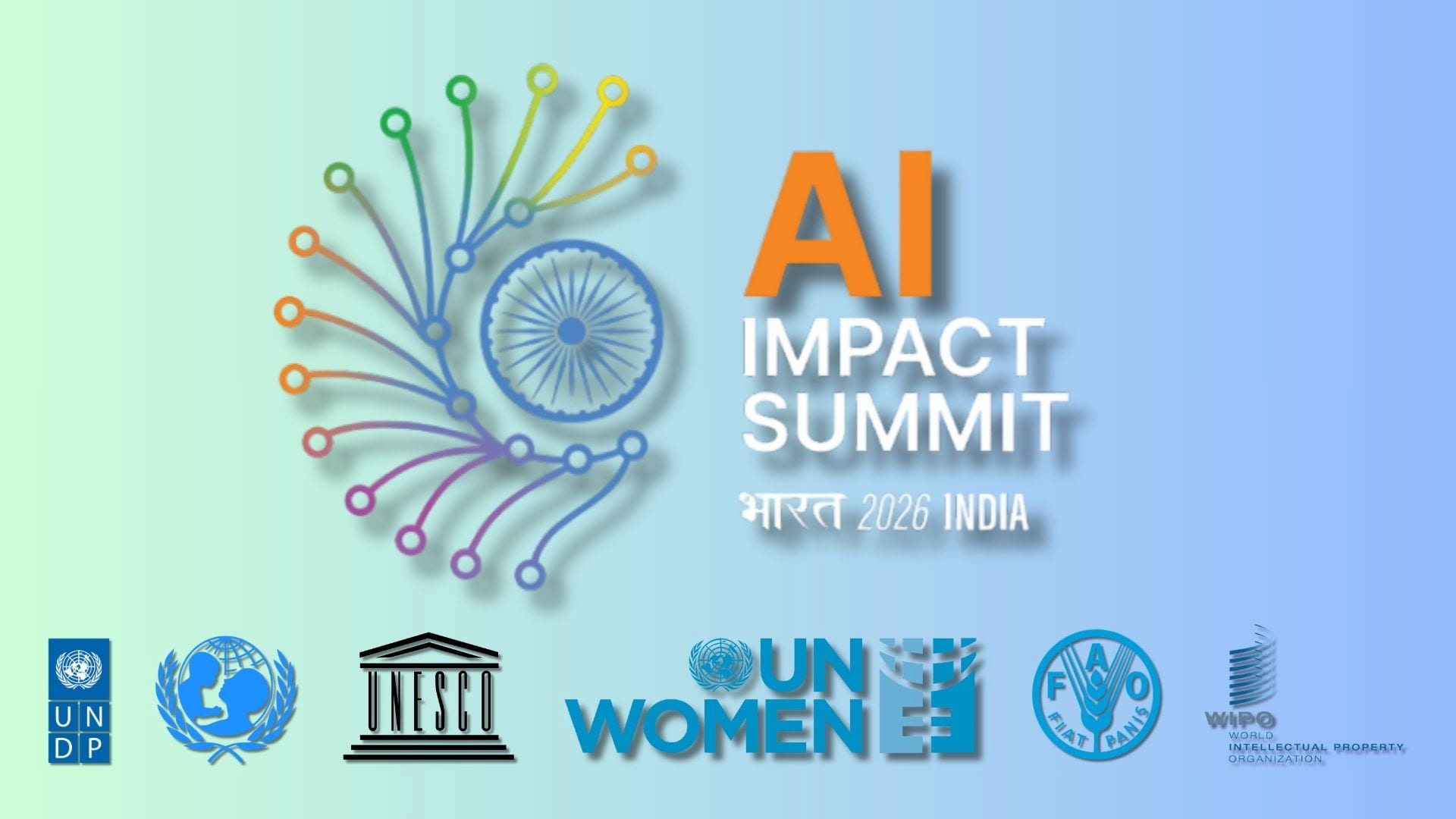Leading Chinese AI developers have unveiled a series of advanced models ahead of the Lunar New Year, strengthening the country’s position in the global AI sector.
Major firms such as Alibaba, ByteDance, and Zhipu AI introduced new systems designed to support more sophisticated agents, faster workflows and broader multimedia understanding.
Industry observers also expect an imminent release from DeepSeek, whose previous model disrupted global markets last year.
Alibaba’s Qwen 3.5 model provides improved multilingual support across text, images and video while enabling rapid AI agent deployment instead of slower generation pipelines.
ByteDance followed up with updates to its Doubao chatbot and the second version of its image-to-video tool, SeeDance, which has drawn copyright concerns from the Motion Picture Association due to the ease with which users can recreate protected material.
Zhipu AI expanded the landscape further with GLM-5, an open-source model built for long-context reasoning, coding tasks, and multi-step planning. The company highlighted the model’s reliance on Huawei hardware as part of China’s efforts to strengthen domestic semiconductor resilience.
Meanwhile, excitement continues to build for DeepSeek’s fourth-generation system, expected to follow the widespread adoption and market turbulence associated with its V3 model.
Authorities across parts of Europe have restricted the use of DeepSeek models in public institutions because of data security and cybersecurity concerns.
Even so, the rapid pace of development in China suggests intensifying competition in the design of agent-focused systems capable of managing complex digital tasks without constant human oversight.
Would you like to learn more about AI, tech and digital diplomacy? If so, ask our Diplo chatbot!









